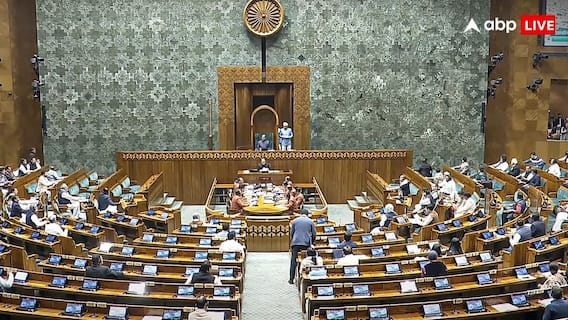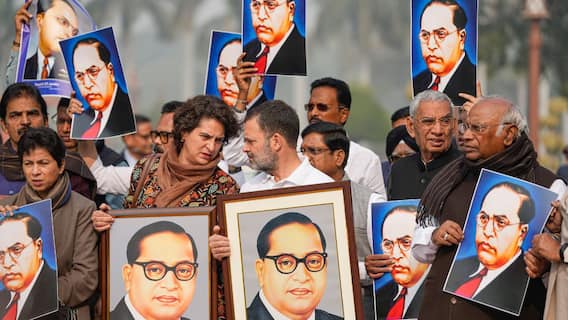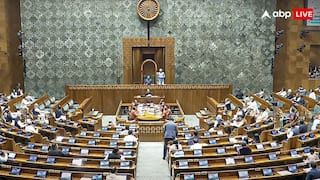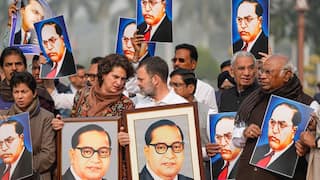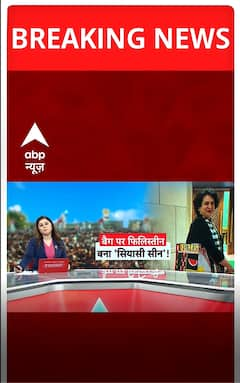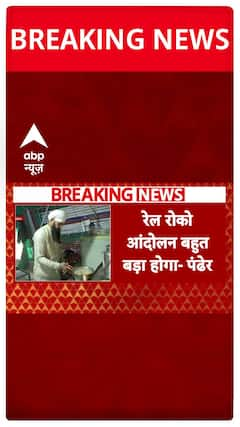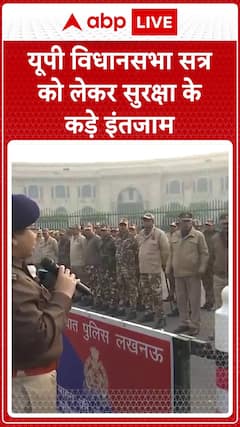Aadhaar regulation currently not applicable in J-K, Assam, Meghalaya

New Delhi [India], August 4 (ANI): A notification issued by the Ministry of Home Affairs clarified that the requirement of the Aadhaar number for establishing the identity of the deceased for the purpose of death registration will be applicable to all states, except Jammu and Kashmir, Assam and Meghalaya.
Earlier today, a notice was issue stating that hereafter; the Aadhaar number will be required for the purpose of identifying the deceased for the purpose of death registration, effective from October 1.
However, in case of the aforementioned three states, a separate date will be announced shortly.
The Registrar General India (RGI), Ministry of Home Affairs said the use of Aadhaar for the applicants of death certificate will result in ensuring accuracy of the details provided by the relatives or dependents of the deceased.
It will provide an effective method to prevent identity fraud and will also help in recording the identity of the deceased person. Further, it will obviate the need for producing multiple documents to prove the identity of the deceased person.
The RGI further directed the concerned department in the state/union territory responsible for registration of birth and death to ensure compliance by concerned registration authorities and issue a confirmation to this effect on or before September 1.
The RGI, in exercise of powers conferred under Section 3(3) of the Registration of Birth and Death Act, 1969, directed that the Aadhaar number will be required for the purpose of establishing the identity of the deceased for the purpose of Death registration.
An applicant applying for death certificate is required to provide Aadhaar number or Enrolment ID Number (EID) of the deceased and other details as sought in the application for death certificate for the purpose of establishing the identity of the deceased.
An applicant who is not aware of the Aadhaar number or Enrolment ID Number (EID) of the deceased will be required to provide a certificate that the deceased person does not possess an Aadhaar number to the best of his/her knowledge and it should be duly informed and also prescribed that any false declaration given by the applicant in this regard will be treated as an offence as per the provisions of the Aadhaar Act, 2016 and also Registration of Birth and Death Act, 1969.
Applicant's Aadhaar number shall also be collected along with the Aadhaar number of the spouse or parents.
The RGI notification follows provisions of the Aadhaar Act and Regulations framed there under that came into effect from September 14, 2016 and notifications to this effect were published in the Official Gazette.
Section 57 of the Aadhaar Act 2016 permits the use of Aadhaar number for establishing the identity of an individual for any purpose pursuant to any law or any contract to this effect.
The registration of births and deaths are being done under the provisions of Registration of Births and Deaths (RBD) Act, 1969 and the corresponding rules made there under by the state governments. The office of the RGI is the central authority to coordinate and unify the activities of Chief Registrar of birth and deaths of States/UT's in respect of registration of births and deaths.
The extract/certificate of birth and death are issued by the registering authority notified by the State/UT Governments under section 12 and 17 of the RBD Act, 1969. These are issued on the basis of entries collected through birth and death reporting forms prescribed by the State Government. (ANI)
This story has not been edited. It has been published as provided by ANI
Trending News
Top Headlines






